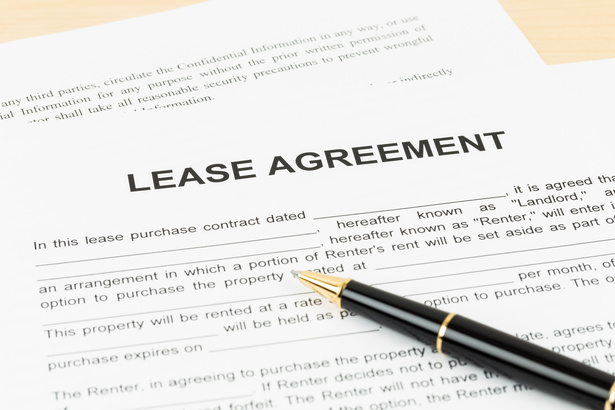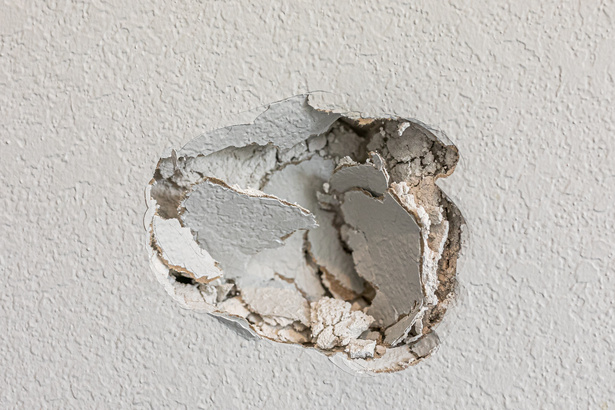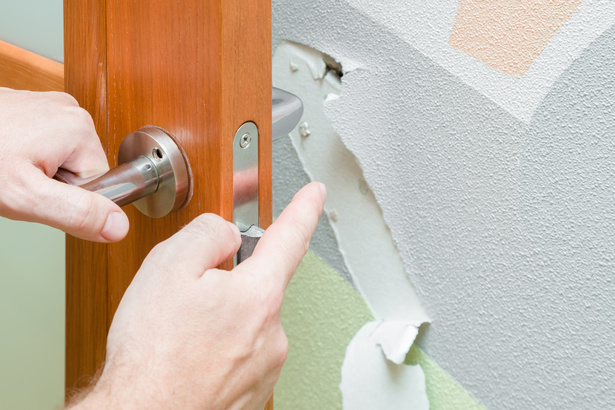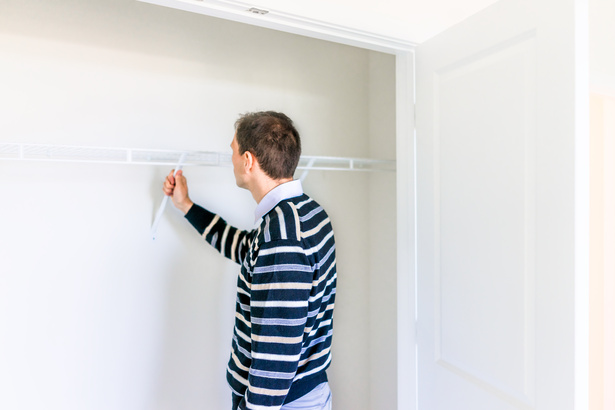You plan on moving soon, and you're trying to get all of your ducks in a row, including inventory of your possessions, packing, moving arrangements, budgeting, and your moving timeframe. Oh, but what about getting back that security deposit? Can you count on getting all of it? Is anything damaged? How's your relationship with your landlord? You could definitely use that money for your next apartment, and you don't want to be out a full month's rent should you not get it all back. What's the best way to make sure to get it all back? Here are 5 tips to make sure you get your deposit back.
Read Your Lease Agreement

People are usually so excited to get a new apartment that they never really read the lease from beginning to end. That's where you'd be gravely mistaken because there should be no surprises, especially when it comes to getting your security deposit back. You should always read it before signing and when you're thinking about moving. Your rental lease should specify the terms and conditions for getting your security deposit returned. Look for language that should provide details as to how long it takes (30 to 45 days is typical), as well as a landlord inspection of the apartment (and what that inspection entails), and what you will lose per damages. If your landlord is overdue in returning your security deposit, you can refer to the lease language for leverage.
Keep Track of Apartment Damage Before You Move In

You're so busy when you move in that there's hardly an extra second to spare, and it's easy to forget about the fact that not everything is perfect. Sure, landlords are supposed to do their best when prepping a place for move-in, but that doesn't mean that some overlook or cut corners when performing repairs for the next tenant. When you move in, be sure to document any and all damage to the home that was there before you came. Take photos of everything and make sure your photos are dated. Even things like wear and tear versus outright damage. Provide those photos to your landlord so he or she knows you're aware and have documentation. Save the email and photos so that it's not held against you come security deposit time.
Repair Any Damages You've Done

Once the inspection is scheduled, it's pretty much too late to do any repairs to damage you may have caused in your rental unit. It's best to take care of these damages right after it happens because it's easy to forget about them until the last minute when you need all of your security deposit back. If you wait until your landlord performs the inspection, you should know that's all going to come out of your security deposit. The damages may even exceed your deposit, in which case you may be liable for any overage. If you can do the repairs yourself (only if you're confident they will be done right), then you can save money. If you suck at drywall, hire someone. Don't try doing any repairs that require a licensed contractor like plumbing or electrical. Do the easier repairs on your own like paint, spackling holes, etc.
Maintain a Good Relationship With Your Landlord

This doesn't guarantee you'll get all of your security deposit back, but it doesn't hurt to have a great relationship with your landlord. Pay rent on time every month, don't cause disturbances or excessive noise, and be kind to your neighbors. Also, don't be a nuisance by making calls and requests too often. Landlords and rental offices remember this, and they can make it hard to get your security deposit back if you're a bothersome tenant. Who knows, your landlord might like you so much that they will let some small damages slide when it comes to inspection, which leads to our last tip.
Prepare For The Inspection

As long as you have enough time to prepare for your inspection, it should help. Clean your place and make it look presentable. If it's a huge mess, then your landlord just might want to find something that's flawed or damaged in order get cut you out of some (if not all) of your security deposit. Also, keep in mind that hiding any damage is a big no-no because they can still assess things after you move out and ding you, as a result. Don't cancel or reschedule, either. That looks bad and causes an inconvenience. It also makes it look like you're avoiding it and possibly hiding something. If you can repair something quickly and convincingly, make sure you do it before the inspection.